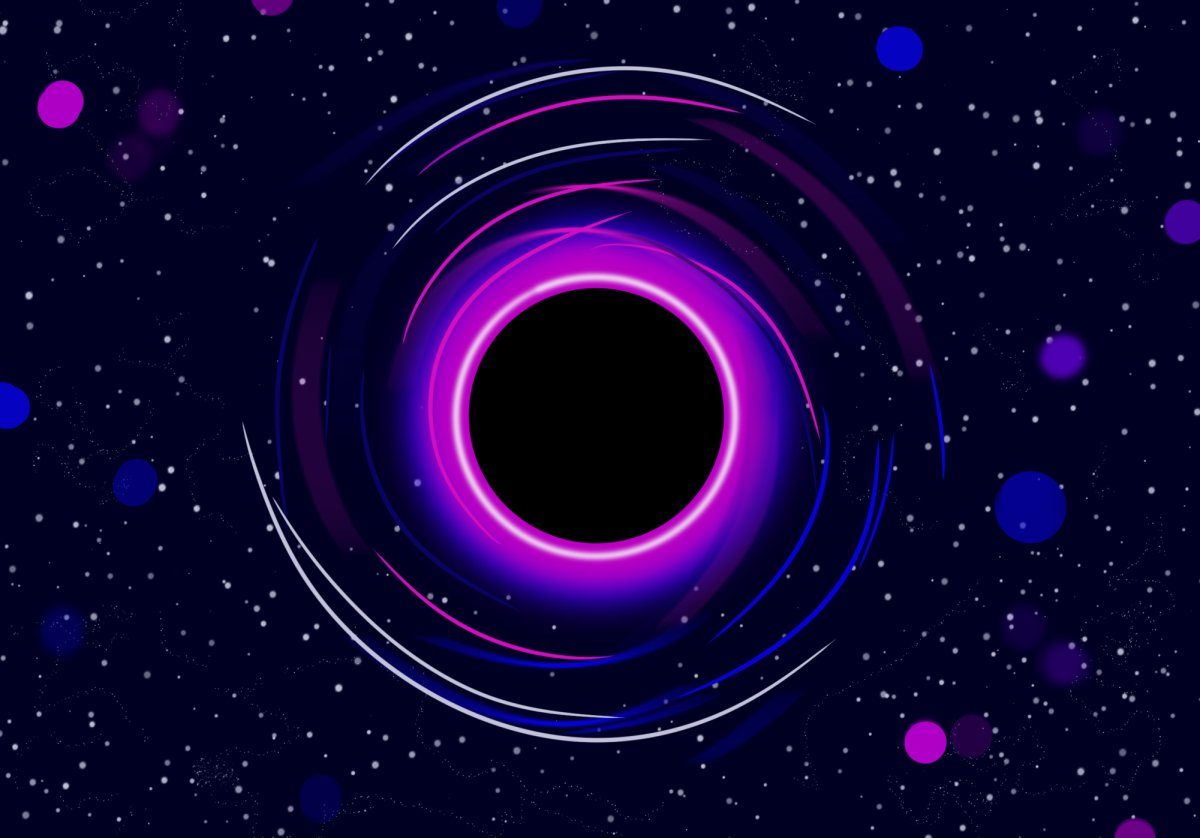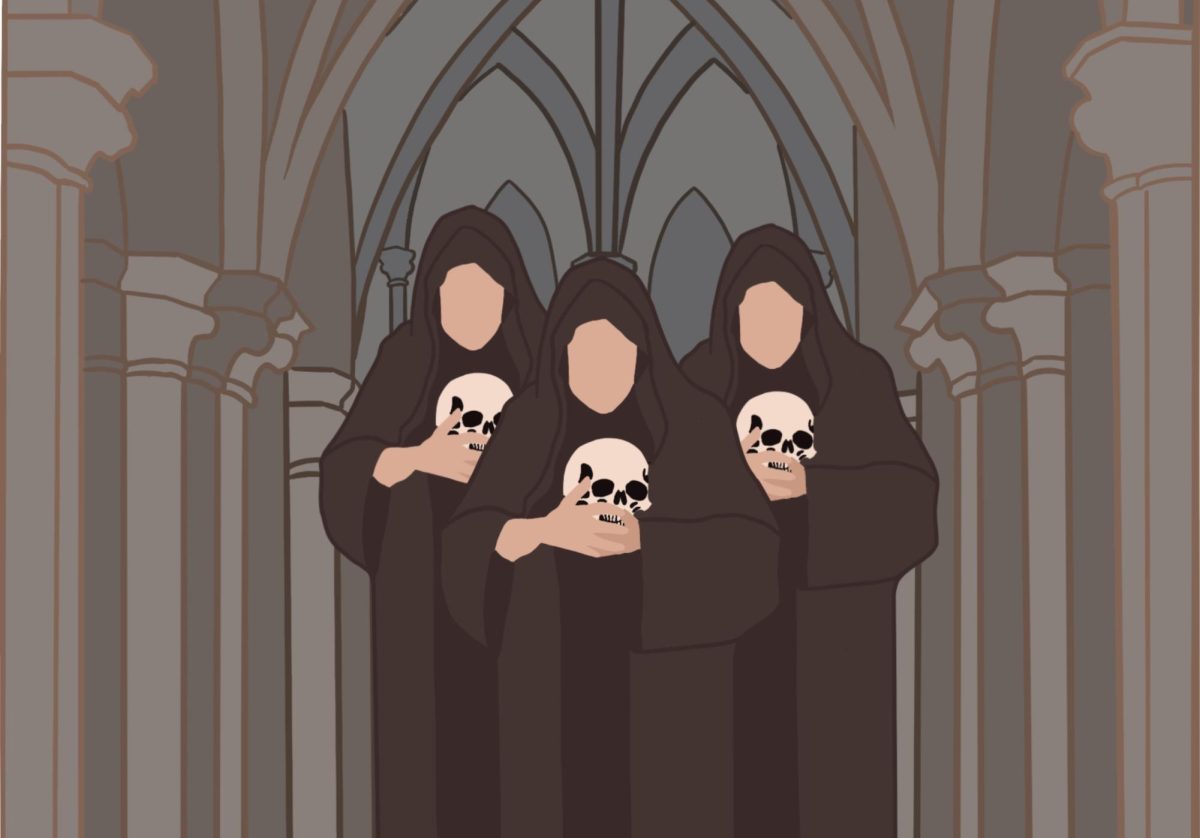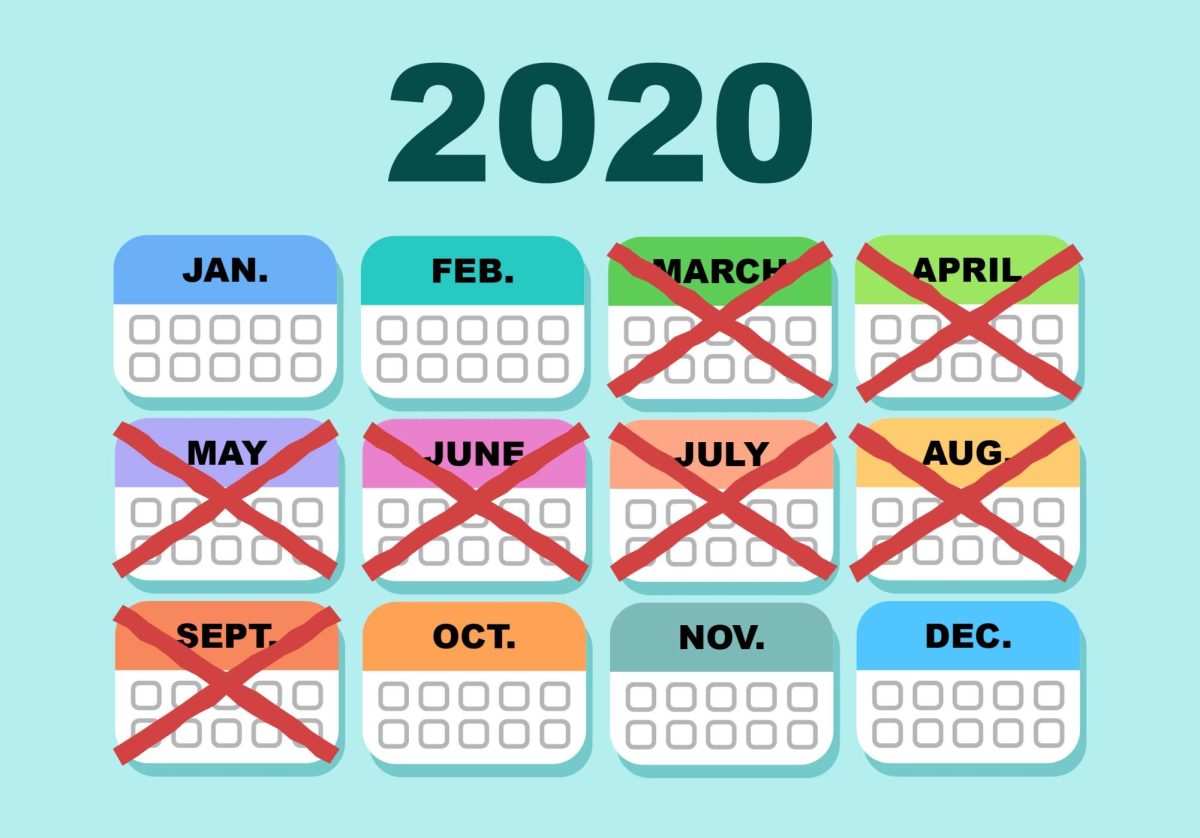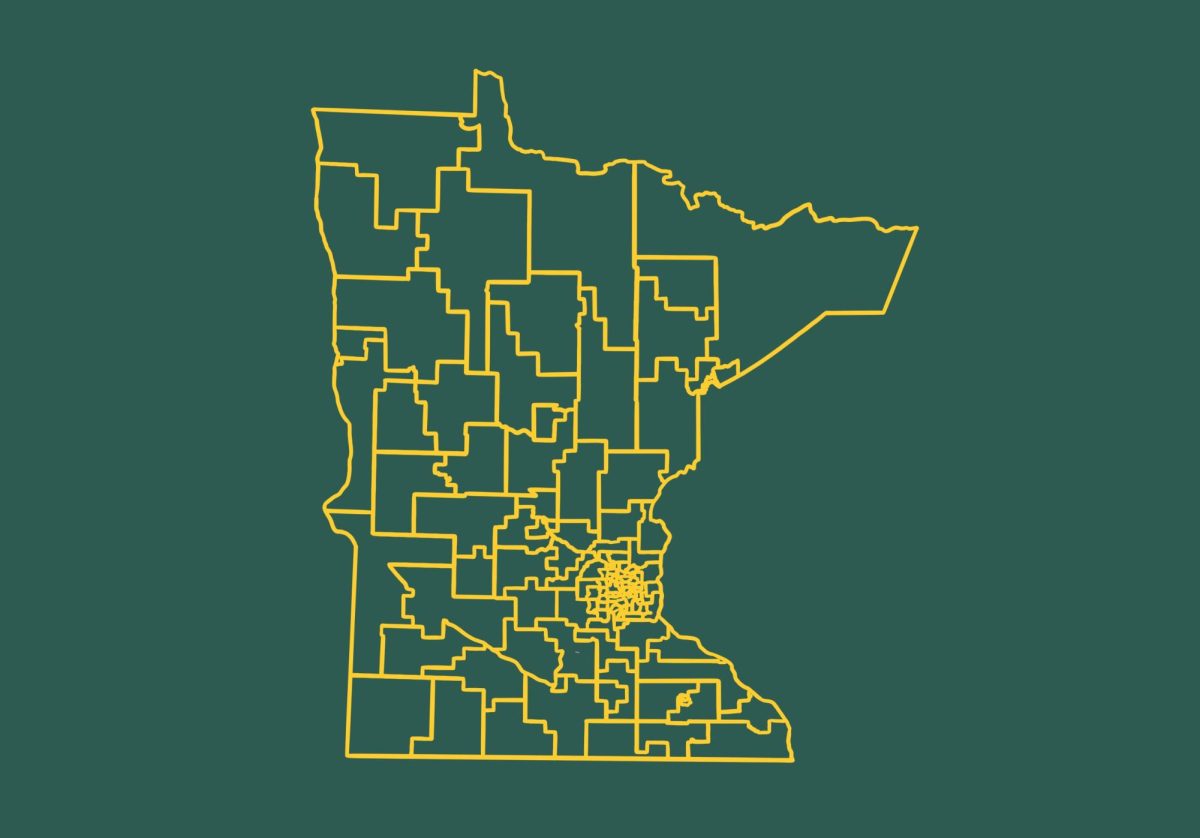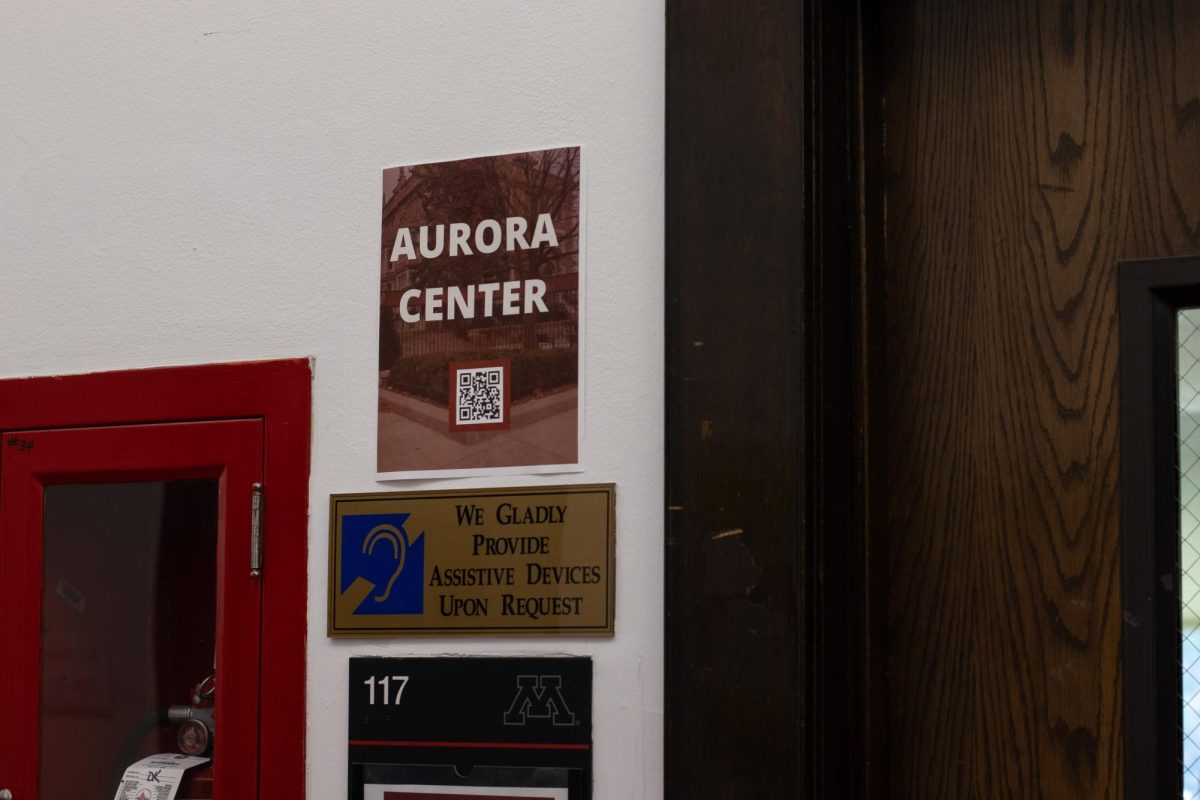What pressing matters cleared the desk of the House Oversight Subcommittee on National Security, the Border and Foreign Affairs for a day-long hearing complete with a string of emphatic witnesses?
Aliens, of course.
Former Air Force Major-turned-whistleblower David Grusch delivered on July 26 a tin-foil-clad testimony under oath, accusing the United States government of conducting a multi-decade cover-up of extraterrestrial activity on Earth. He also alleged agents had recovered “non-human biologicals” from crash sights.
Two other retired veterans joined Grusch and echoed his experience — mostly evidenced by their personal perspectives. The Pentagon denies their claims.
I know as much as anyone else about the possibility of life on other planets. And for the record, I’d be fascinated to find out aliens are real. My singular credential in this field includes the completion of an Astronomy 1001 class over the summer which, you might imagine, was fairly basic.
I learned a lot of new vocabulary, though, and perhaps most importantly gained insight into how scientists think about such things. The vastness of the universe lends itself to a lot of guesswork, and the way academics discuss these concepts is coated in a healthy wash of ambiguity. This is not a nefarious habit, but one that allows the unknowable to be discussed as accurately as possible. A healthy dose of skepticism is required to disentangle facts from phenomena.
“Extraordinary claims need extraordinary evidence,” said Nico Adams. According to Adams, Grusch’s story lacks the latter.
Adams is a PhD candidate in astrophysics at the University of Minnesota. He also works on the citizen science project called Galaxy Zoo, where he helps broad swaths of volunteers with varying levels of scientific knowledge to navigate complex topics.
The hearing centered on “Unidentified Anomalous Phenomena” (UAPs), an umbrella term used by the government to refer to objects in the air, sea or space that do not have an immediate explanation. These are more popularly known as Unidentified Flying Objects (UFOs).
Usually, UAP sightings turn out to be weather balloons, drones or even birds.
The imprecision of these terms clashes with science fiction, translating to the general public as confirmation of the existence of little green humanoids. By definition, UFOs are real. But who knows what that really means?
In an unsurprising turn of events, it seems the legitimacy of these allegations now falls along party lines.
“I’m a Christian and I believe the Bible,” said Rep. Marjorie Taylor Greene (R-Georgia). “I think that to me, honestly — I’ve looked into it. And I think we have to question if it’s more of the spiritual realm. Angels or fallen angels. And that’s my honest opinion.”
Rep. Byron Donalds (R-Florida) shared his concerns the UAPs were extraterrestrial engineering, stating, “God made a phenomenal planet with phenomenal people, even though we disagree, we have our own issues. I don’t think we’re the only ones in the universe.”
Democrats were not totally on the defense but broached the topic from a curious position more related to national security.
“With climate change and extreme fanaticism running loose on Earth, other planets are seeming more and more attractive to people,” Rep. Jamie Raskin (D-Maryland) said. “So, I don’t blame them for wanting to have this hearing.”
A call for government transparency underpinned the conversation.
Institutional secrecy is a common feature of all semi-functioning governments. UAPs are something that people should understand, as identifying them can provide insight into potentially compromising surveillance techniques from foreign adversaries. But it is obvious to me that the legitimacy of these claims is being leveraged to undermine the current administration.
Like all conspiracy theories, there is likely some truth woven into outlandish claims, but not enough truth to be considered, well, factual.
“It feels like this debate is more about politics than science,” Adams said. “Science is about everyone looking at the same dataset and coming to conclusions using reasoning. And this data isn’t public yet.”
Yes, the government is lying to us in some form or fashion, and yes, there may very well be other forms of life out there besides ours. But are those two things converging right before our eyes?
I highly doubt it.
I urge you to beware of the sneaky conspiracy theories being granted authority in the subtext of these hearings. We live in interesting times, and, to quote the X-Files, “The truth is out there, but so are lies.”


